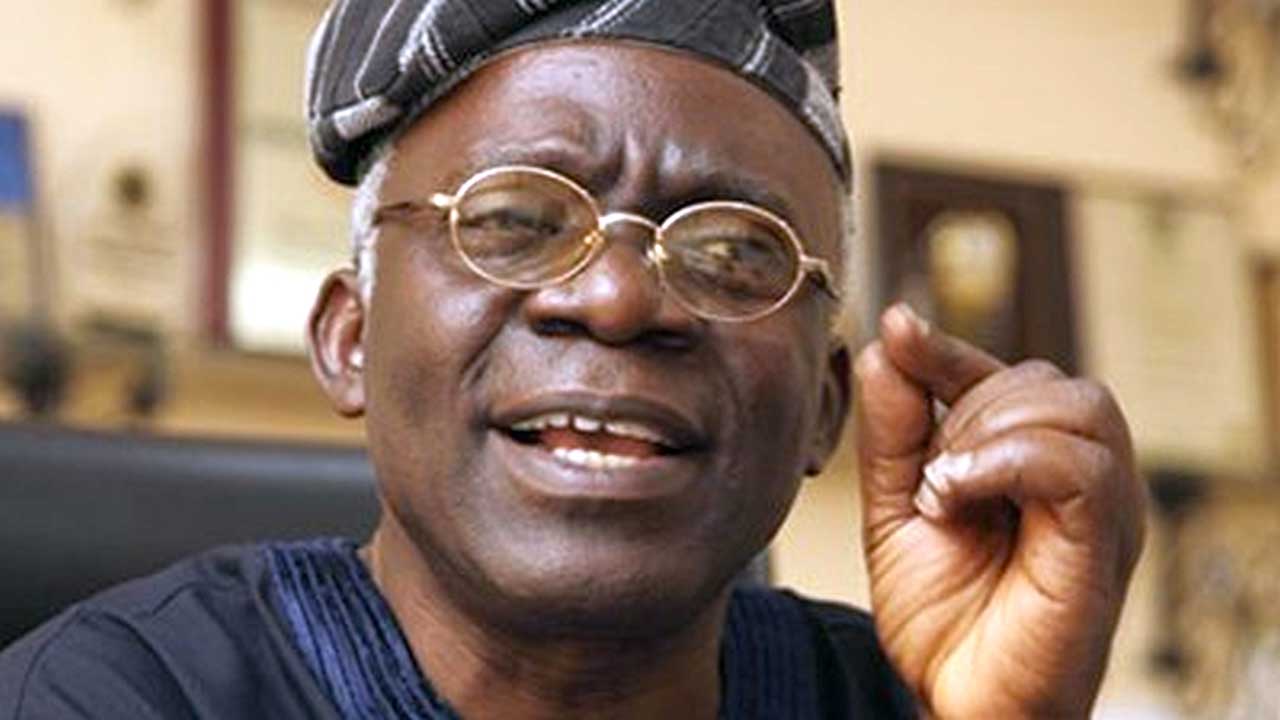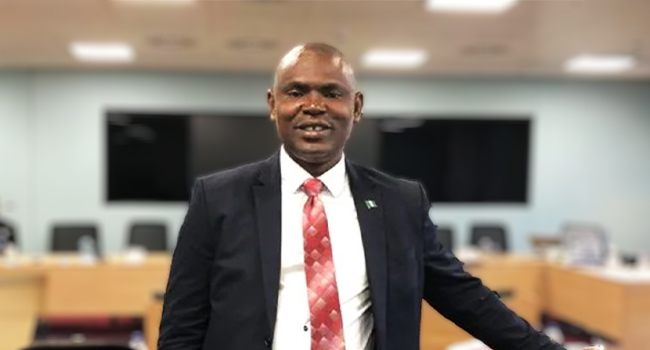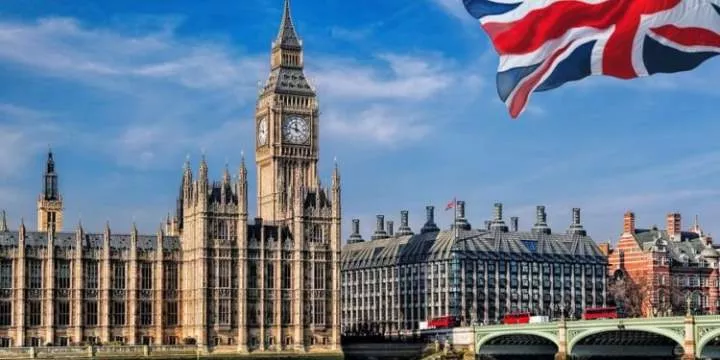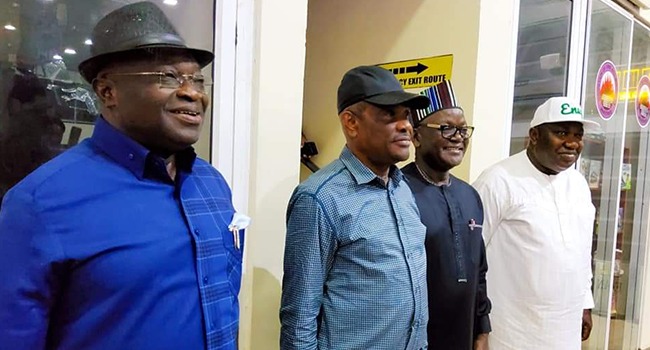Nigeria Ceased Electricity Subsidy in 2022, Reveals Femi Falana

Femi Falana SAN, the Chair of the Alliance on Surviving Covid 19 and Beyond (ASCAB), has revealed that Nigeria ceased electricity subsidy in 2022. Falana cited statements from former Minister of Finance, Budget and National Planning, Zainab Ahmed, confirming the removal of electricity subsidy during a virtual meeting with African Finance Ministers and the International Monetary Fund.
Thank you for reading this post, don’t forget to subscribe!
Ahmed disclosed that the subsidy removal was quietly implemented over time, without public announcement. This decision was made due to the government’s reluctance to remove fuel subsidy amid pushback from the public and upcoming elections. Falana also highlighted conflicting statements from Minister of Power, Mr. Adebayo Adelabu, who claimed that electricity subsidy continued due to non-cost-reflective tariffs.
The International Monetary Fund (IMF) warned that continuing fuel and electricity subsidy would cost Nigeria N2.33 trillion or three percent of its Gross Domestic Product (GDP) in 2024. This caution was reiterated during discussions held with Nigeria’s officials.
Recently, the Nigerian Electricity Regulatory Commission (NERC) approved a 300 percent increase in electricity tariffs, which took effect on April 1, 2024. Minister Adelabu justified this hike by stating that the government subsidized 67 percent of the power generation, transmission, and distribution costs, amounting to over N3 trillion.
Falana called for an inquiry into the conflicting subsidy figures presented by the IMF and the Ministry of Power. He urged the government to investigate Adelabu’s claim of a N3 trillion subsidy for 2024 and to scrutinize the diversion of N32 billion meant for prepaid meters in 2003.





